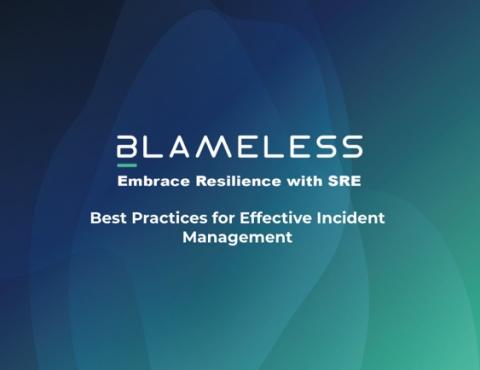Is ITIL Dead or Alive? Here's the CTO Perspective
Our CTO and Field CTOs spend a substantial amount of their time talking to customers, industry leaders and domain experts, gaining extraordinary insights and subject matter expertise on the most current and burning issues in IT Operations. Listening to them speak at events, webinars, prospect meetings and even as part of random watercooler chats, we always thought it was a shame we didn’t have a platform to share their wisdom on a broader scale.









